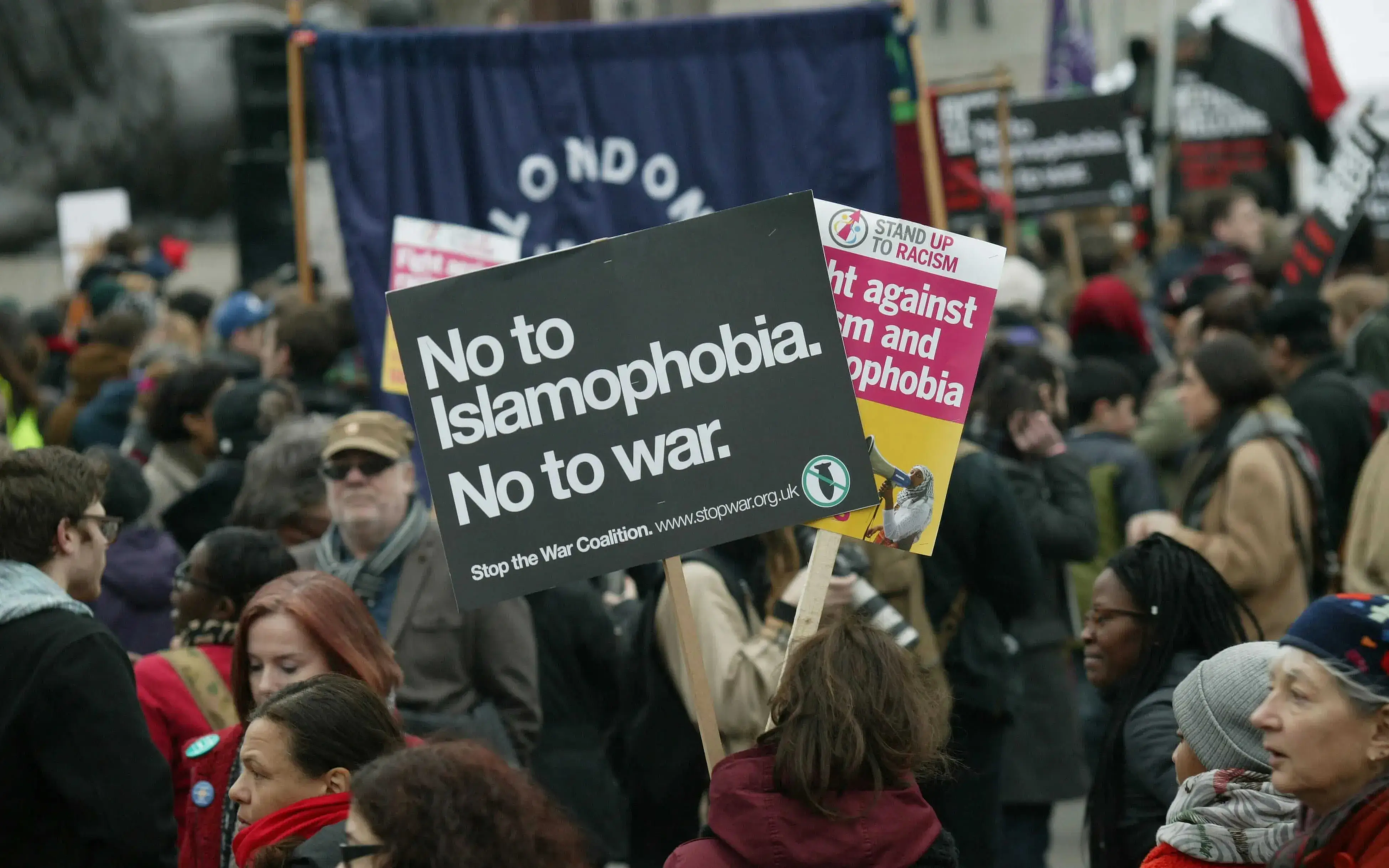
It is more necessary than ever to commit to multilateralism, dialogue, and the reduction of global military spending in order to address the escalation of global conflict.
In recent years, a multipolar international scenario has increasingly emerged in which the use of force serves the interests of powerful actors, with the invasion of Ukraine as a prominent example. In this context, the increase in military spending and the arms race appears as an seemingly inevitable option, unquestioned and normalizing in public opinion in Catalonia, Spain, and internationally. While many of us are aware that the militarization of international relations does not prevent wars but rather promotes or sustains them—leading to increased violence, human rights violations, worsening humanitarian crises, and environmental impacts, as evidenced repeatedly in the international arena—Western nations are strongly betting on this, benefiting the military-industrial complex that successfully lobbies in this direction. This is evident in the constant increase in global military spending, which continued to rise for the ninth consecutive year in 2023, reaching nearly $2.5 trillion. The 6.8% increase in 2023 was the most significant year-on-year rise since 2009, pushing global spending to the highest level ever recorded, driven by the U.S., China, India, Russia, and countries in the Middle East, among others.
Trends in the evolution of international conflict: a more violent world?
What are the main trends and characteristics of this increase in political violence and current conflict? In 2023, there were 36 conflict contexts recorded, the highest number since 2014, according to the Alert! 2024 report. The vast majority of cases continued to concentrate in Africa (18) and Asia-Pacific (nine), followed by the Middle East (six), Europe (two), and America (one). The Middle East is the region worldwide that has experienced the most severe escalation of violence due to the attack by Hamas and Israel's response in Gaza and the West Bank, which has been described as genocide. Some of these war contexts, as well as many of the socio-political crises mentioned in the report, have been exacerbated by the global repercussions of Russia's invasion of Ukraine, as observed with the intervention of Africa Corps—formerly the Wagner Group—in West Sahel and North Africa.
High-intensity armed conflicts, those causing more than 1,000 fatalities, along with severe impacts on the population, massive forced displacements, and dire territorial consequences, accounted for over half (52%) of the total, most of them situated in Africa—the Anglophone regions of Cameroon; the Tigray and Oromiya regions in Ethiopia; jihadist insurgencies in Mali, northern Mozambique, the Lake Chad regions (due to the actions of Boko Haram and its splinter groups), and West Sahel; armed conflicts affecting the eastern part of the Democratic Republic of the Congo, worsened by tensions with Rwanda; Al-Shabaab in Somalia; the war affecting the Sudanese region of Darfur; and the war in South Sudan—and in the Middle East—Iraq, Syria, and Yemen, highlighting the war in Gaza and the West Bank, as well as its expansion into Lebanon—alongside Myanmar and the war between Russia and Ukraine.
Paths of dialogue and peace towards a dignified life
This entire spiral of violence and instability invisibilizes all the peacebuilding efforts currently taking place in the world, both at the community and local levels, as well as diplomatic efforts in the international arena. It is essential to focus on different dialogue and negotiation strategies aimed at reversing the dynamics of violence and channeling conflicts through political avenues, enhancing and promoting political, diplomatic, and social efforts aimed at transforming conflicts and their root causes through peaceful methods.
The paths to attempt to overcome the spiral of violence in most situations of war and global instability inevitably pass through more democracy and respect for human rights, dialogue and diplomacy at multiple levels—local, national, and international—and the creation of networks of actors and complicities at many levels to bridge and build dialogue between opposing parties. It is essential to reconstruct multilateral spaces for political cooperation and shared security that allow us to limit mutual threats and fears and, above all, to reduce global military spending—which only causes more wars and violence—in order to allocate resources to what is most needed: the ability to enjoy a dignified life free from violence, which is what all humanity ultimately desires.



Add new comment